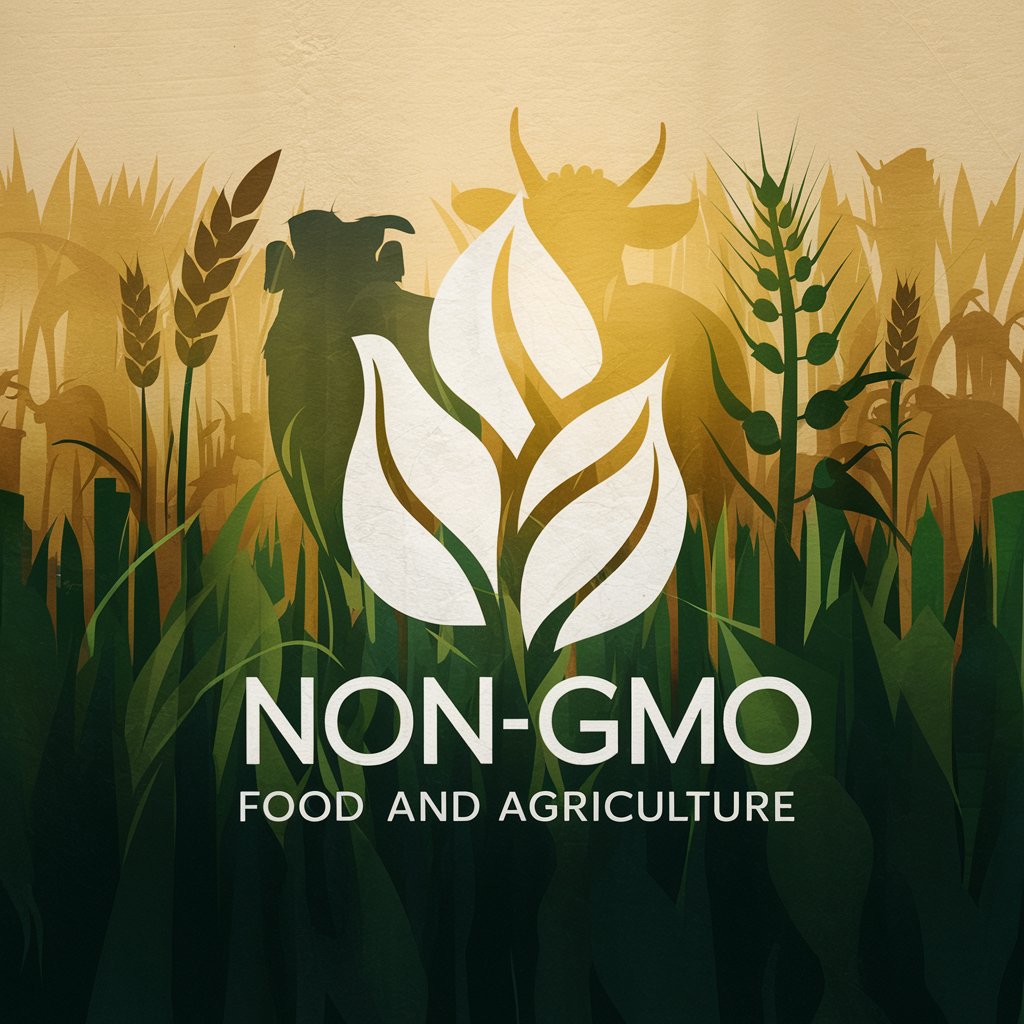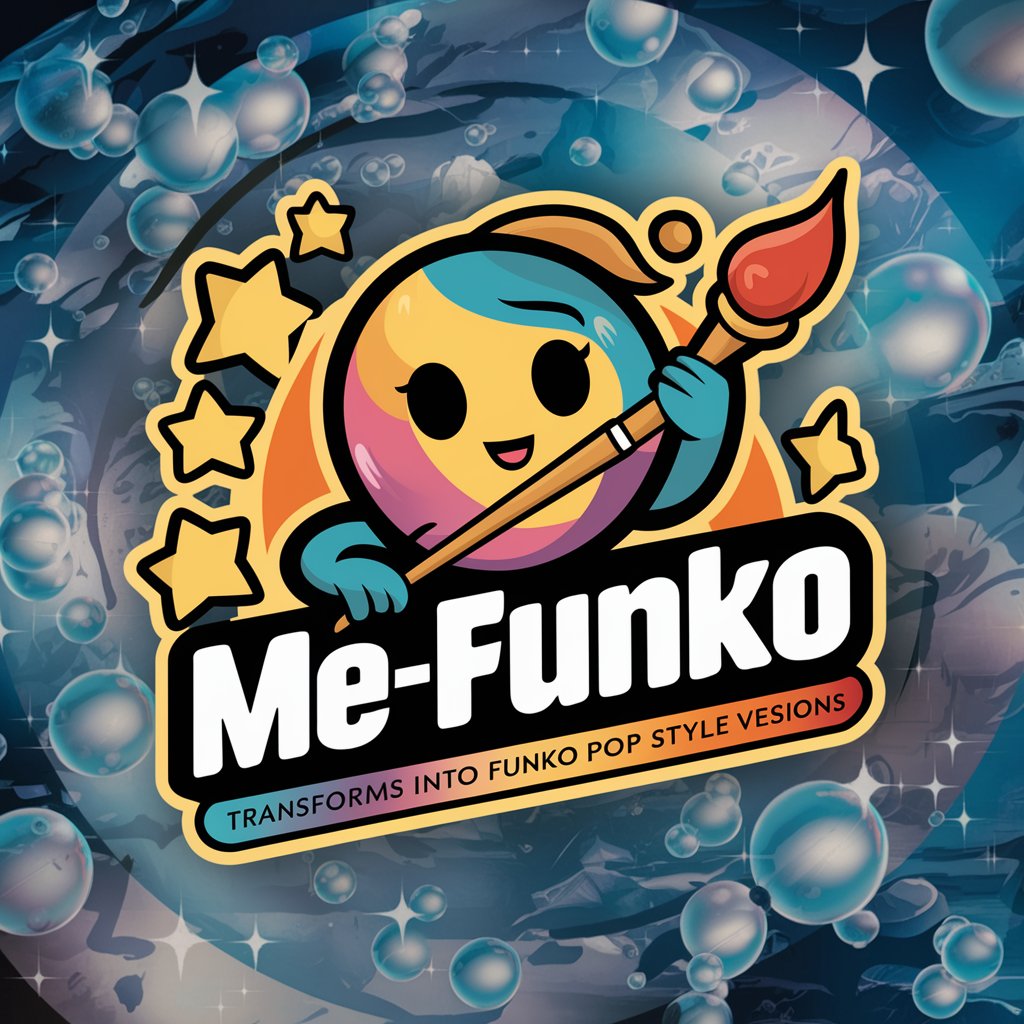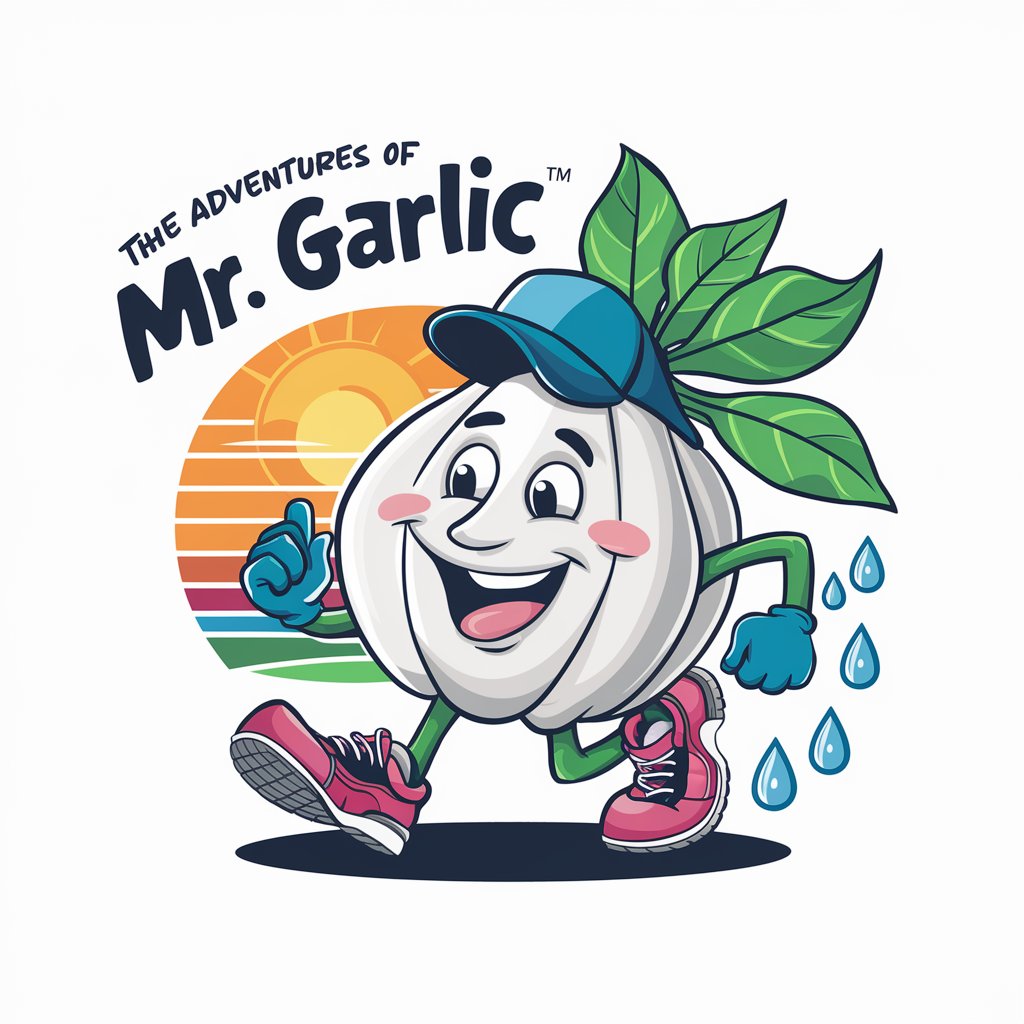Non-GMO - Insight on Non-GMO Agriculture

Hello! Let's explore the world of non-GMO food and farming together.
Empowering Non-GMO Knowledge through AI
How do non-GMO farming practices benefit the environment?
What are the main differences between GMO and non-GMO crops?
Can you explain the process of certifying a product as non-GMO?
What are some common misconceptions about non-GMO foods?
Get Embed Code
Introduction to Non-GMO
Non-GMO, or Non-Genetically Modified Organism, is a concept rooted in the realm of agriculture, food production, and consumption, focusing on crops, animals, and products that have not been genetically engineered. The core purpose of the Non-GMO designation is to offer an alternative for consumers and producers who prefer agricultural and food products developed through traditional breeding methods rather than genetic modification techniques. Genetic modification involves altering the DNA of an organism to achieve desired traits, such as resistance to pests or improved nutritional content. In contrast, non-GMO practices adhere to natural selection and conventional breeding without incorporating foreign genes. This approach supports biodiversity, ecological balance, and can contribute to sustainable agricultural practices. An example of Non-GMO application is in organic farming, where farmers use heirloom seed varieties to grow crops without genetic modifications, ensuring that the food produced maintains its natural genetic structure. Another scenario involves consumers choosing non-GMO labeled products at grocery stores, reflecting their preference for foods that are perceived as being closer to their natural state. Powered by ChatGPT-4o。

Main Functions of Non-GMO
Certification and Labeling
Example
Non-GMO Project Verified
Scenario
Products undergo rigorous testing to ensure they meet established non-GMO standards, enabling consumers to make informed choices.
Support for Sustainable Agriculture
Example
Promotion of heirloom and traditional seed varieties
Scenario
Farmers employ non-GMO seeds to cultivate crops, fostering biodiversity and reducing dependency on chemical inputs.
Educational Outreach
Example
Workshops and informational campaigns
Scenario
Organizations provide resources and training for consumers and producers on the benefits and practices of non-GMO agriculture.
Research and Development
Example
Development of non-GMO crop varieties
Scenario
Scientific research focuses on breeding crop varieties with desirable traits such as drought tolerance or nutritional enhancement without genetic modification.
Ideal Users of Non-GMO Services
Consumers seeking transparency
Individuals who prioritize knowing the origins and production methods of their food for health, ethical, or environmental reasons.
Farmers and Producers
Agriculturalists interested in sustainable farming practices, preserving seed diversity, and catering to the growing market for non-GMO products.
Educators and Researchers
Professionals focused on studying and disseminating knowledge about the impacts of GMO and non-GMO practices on health, environment, and society.
Environmental Advocates
Individuals or organizations dedicated to promoting biodiversity, ecological health, and sustainable agricultural methods.

Guidelines for Using Non-GMO ChatGPT
Start your journey
Begin by visiting yeschat.ai for a complimentary trial, accessible without the need for registration or subscribing to ChatGPT Plus.
Identify your needs
Clarify your specific interests or questions related to non-GMO agriculture, including crops, farming practices, or impacts on health and environment.
Engage with the tool
Use the provided query box to enter your questions or topics about non-GMO practices. Be as specific as possible to receive tailored information.
Explore the resources
Take advantage of the comprehensive answers provided, which include insights into non-GMO agriculture, benefits, and challenges.
Further inquiry
For deeper exploration, follow up with additional questions or request further clarification on complex topics for a more thorough understanding.
Try other advanced and practical GPTs
RunCut
Crafting Visual Stories with AI

米诺高分少女
Elevate Your Chat Experience with AI

Riddle Master (燈謎天尊)
Unravel mysteries with AI wisdom.

Mecànic del MG EHS
AI-powered MG EHS Assistance

💥 Blahster / Blast me a Quote, a Pun, a Joke 💥
Ignite creativity with AI-powered humor

Hi-Funko
Transform images into Funko Pop art with AI.

ChatGrokPT
Where AI Meets Attitude

ImamGPT
Navigate Islamic teachings with AI

Three Kingdoms Life Simulation(三国人生模拟)
Rewrite history with AI-powered Three Kingdoms.

The Adventures of Mr Garlic
Embark on Healthful Adventures with AI

Mr Darcy
Reviving the past through AI-powered conversation

NameCraft GPT
Visualizing the best in you, powered by AI

Frequently Asked Questions about Non-GMO
What is non-GMO?
Non-GMO refers to foods and agricultural products not genetically modified through biotechnology. This involves growing crops and raising animals without genetic engineering, focusing on natural and traditional breeding techniques.
Why choose non-GMO products?
Many choose non-GMO products due to concerns about health, environmental impact, and a preference for traditional farming methods. Non-GMO practices are seen as more sustainable and potentially safer for consumption and the ecosystem.
How can I identify non-GMO products?
Non-GMO products can be identified by looking for labels such as 'Non-GMO Project Verified'. It's also helpful to buy organic, as organic certification standards prohibit the use of genetically modified organisms (GMOs).
What are the environmental benefits of non-GMO farming?
Non-GMO farming supports biodiversity, soil health, and reduces dependency on chemical inputs like herbicides and pesticides. It promotes ecological balance and conserves water resources.
Can non-GMO practices meet global food demands?
While there is debate, proponents argue that sustainable non-GMO farming can meet global food demands through efficient use of resources, crop rotation, and by reducing food waste. It emphasizes quality and sustainability over quantity.
